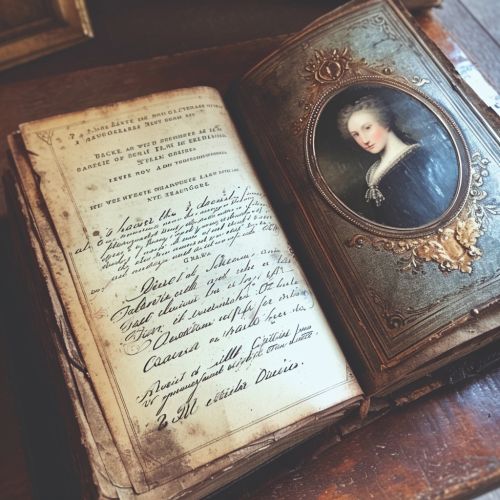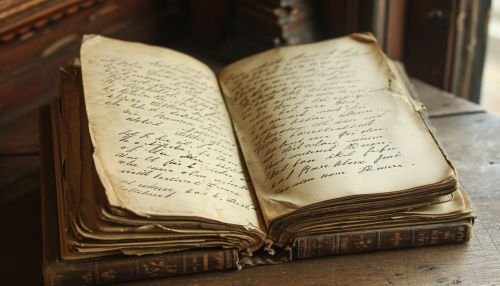17th-Century French Writers Discussion
Early 17th Century
The early 17th century was a period of significant transition in French literature. During this time, the renaissance was giving way to the classical period, and many writers were at the forefront of this cultural shift.


One of the most influential writers of this period was François de Malherbe, who is often credited with establishing the rules of French classical poetry. His work was characterized by a strict adherence to form and a focus on moral and philosophical themes.
Another prominent writer of the early 17th century was Honoré d'Urfé, best known for his pastoral novel L'Astrée. This novel was a major influence on the development of the French novel, and its themes of love and honor would become staples of French literature.
Mid 17th Century
The mid 17th century saw the rise of several notable French writers, including Pierre Corneille, Jean Racine, and Molière, who are often referred to as the "big three" of French classical literature.
Corneille, known as the founder of French tragedy, made a significant impact with his play Le Cid. This play, based on the legend of the Spanish hero El Cid, was a major success and established Corneille as one of the leading playwrights of his time.
Racine, another important figure in French tragedy, was known for his mastery of the alexandrine verse form and his psychological insight into his characters. His tragedies, such as Phèdre and Andromaque, are considered masterpieces of French literature.
Molière, the most famous comic playwright of the 17th century, is best known for his satirical plays such as Tartuffe and The Misanthrope. His work, which often critiqued the social conventions of his time, has had a lasting impact on French comedy.
Late 17th Century
The late 17th century was dominated by the works of Jean de La Fontaine and Madame de La Fayette.
La Fontaine is best known for his Fables, a collection of moralistic tales that have become a staple of French literature. His fables, which often feature animals as the main characters, are known for their wit and charm.
Madame de La Fayette, on the other hand, is known for her novel The Princess of Clèves, often considered the first modern French novel. This novel, which tells the story of a young woman in the court of Henry II, is known for its psychological depth and its exploration of the conflicts between love and duty.
Conclusion
The 17th century was a period of great change and innovation in French literature. From the strict formality of Malherbe's poetry to the psychological depth of La Fayette's novel, this period saw the development of many of the themes and forms that would come to define French literature.
